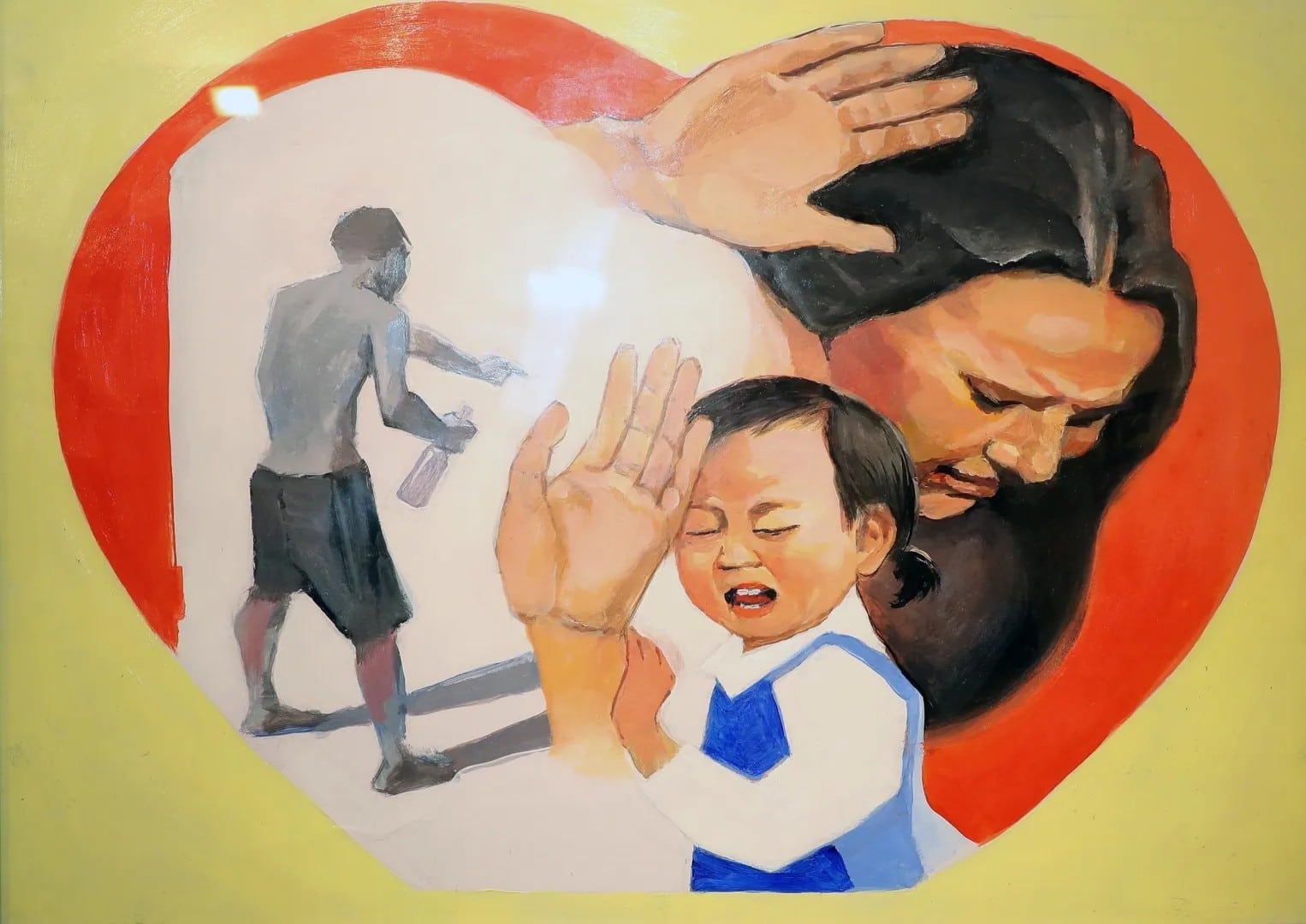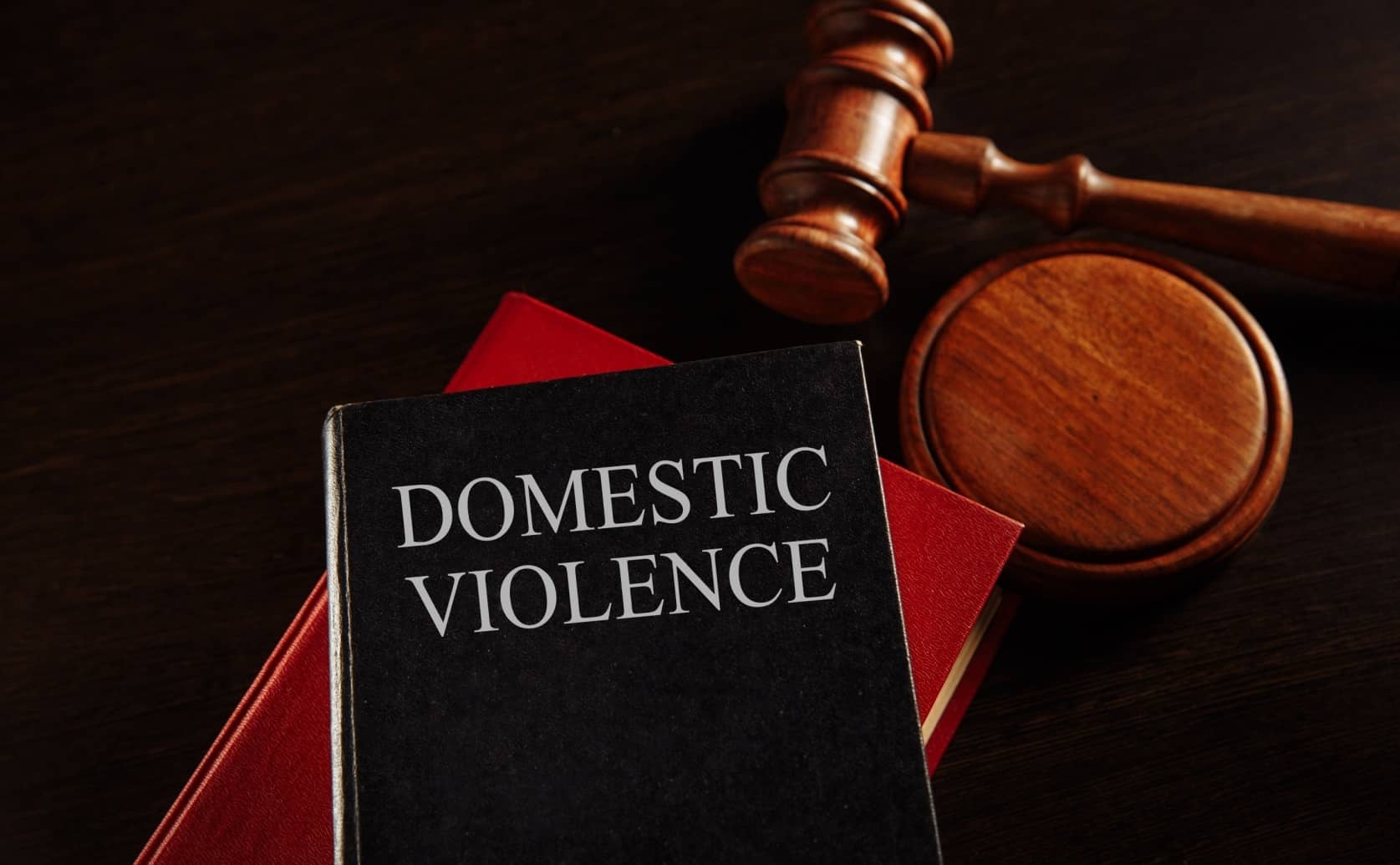Domestic Violence and Legal Protections in Family Law Cases in Vietnam
Domestic violence is a serious issue that affects many families in Vietnam, and the legal system provides frameworks aimed at protecting victims and addressing abusive behavior. This comprehensive overview will explore the legal provisions related to domestic violence under Vietnamese law, the protections available to victims, and resources for those affected by domestic violence in family law cases.
1. Understanding Domestic Violence in Vietnam
Definition of Domestic Violence: According to the Law on Domestic Violence Prevention and Control 2007, domestic violence refers to acts of violence against individuals within the family, including physical, psychological, sexual, and economic abuse. This includes physical harm, verbal abuse, coercive control, and other forms of harmful behavior that instill fear or perpetuate control over a partner.

2. Legal Framework Surrounding Domestic Violence
- Law on Domestic Violence Prevention and Control:
- This law establishes the legal basis for preventing and addressing domestic violence in Vietnam. It emphasizes the importance of protecting victims and holding perpetrators accountable.
- The law outlines the responsibilities of family members, communities, and local authorities in promoting awareness, providing support to victims, and taking action against domestic violence.
- Civil Code 2015:
- The Civil Code includes provisions for personal rights that prohibit abusive behavior within families. Victims may seek civil remedies for damages caused by domestic violence, including compensation for mental suffering.
- Criminal Code:
- Acts of violence may also fall under criminal offenses, leading to criminal charges against the perpetrator. Serious cases can result in imprisonment or other penalties, depending on the severity of the offense.

3. Protections Available for Victims of Domestic Violence
- Protection Orders:
- Victims of domestic violence can request protection orders from local authorities or the court. A protection order may prohibit the abuser from contacting the victim, being in the victim’s presence, or entering the family home.
- Local authorities, such as the People’s Committee, can issue these orders to provide immediate safety for the victim.
- Support Services:
- Victims can access various support services, including counseling, shelters, and legal assistance. Organizations and hotlines, such as the Vietnam Women’s Union, offer resources for victims seeking help and guidance.
- Legal Aid:
- Victims often face financial constraints in seeking legal representation. Legal aid services in Vietnam provide free or low-cost legal assistance to victims of domestic violence, ensuring that they can navigate the legal system effectively.
- Mediation and Conflict Resolution:
- Under certain circumstances, mediation may be proposed by authorities to address disputes and provide solutions that prioritize the victim’s safety. However, mediation may not be appropriate in cases of severe violence or coercion.

4. Filing for Legal Action in Family Law Cases
Victims of domestic violence who are considering legal action should follow these steps:
- Document Evidence:
- Collect and preserve evidence of domestic violence, including photographs of injuries, medical reports, witness statements, and any documentation of incidents (e.g., text messages, emails).
- Seek Legal Counsel:
- Engage a lawyer experienced in family law and domestic violence cases. A lawyer can guide victims through legal options, help file protection orders, and represent them in court.
- File Complaints:
- Depending on the circumstances, victims can file complaints with local authorities, such as the police or social services, to initiate investigations and seek protective measures.
- In cases of severe violence, victims may pursue criminal charges against the abuser.
- Apply for Custody and Support:
- If children are involved, victims can simultaneously seek custody arrangements and spousal support as part of family law proceedings. The best interests of the child are paramount in custody decisions.

5. Challenges and Considerations
- Cultural Stigma: Victims may face social stigma and reluctance to report domestic violence due to cultural norms. Overcoming this stigma is crucial in encouraging victims to seek help.
- Lack of Awareness: Many individuals are unaware of their legal rights and the protections available to them. Public awareness campaigns and education are essential in combating domestic violence.
- Enforcement of Laws: While laws exist to protect against domestic violence, effective enforcement is often required to ensure that victims receive protection and that perpetrators are held accountable.

6. Conclusion
Domestic violence remains a significant issue in Vietnam, but the legal framework provides several protections and resources for victims. Understanding these laws and seeking help is vital for anyone experiencing domestic violence. By taking the necessary legal actions and utilizing available support services, victims can take essential steps toward ensuring their safety and mitigating the impact of domestic violence on their lives. The commitment from communities, authorities, and legal institutions is critical to effectively addressing and reducing domestic violence in society.
